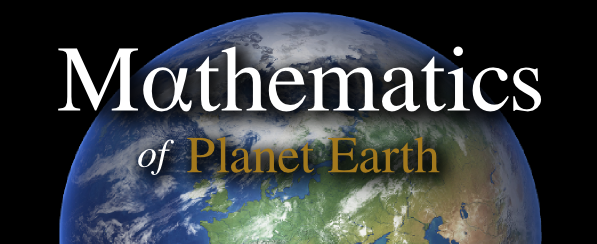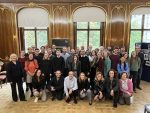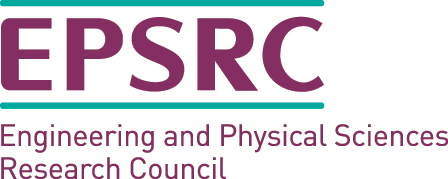Climate change represents an urgent challenge for humanity. Quantifying uncertainty in long‐term climate prediction and estimating the potential strength of extreme meteorological events in the face of global warming are very difficult research questions, with large economic and societal impacts that will only grow in the future.
In response to this challenge, Imperial College London and the University of Reading have joined forces to create the EPSRC Centre for Doctoral Training (CDT) in the Mathematics of Planet Earth (MPE).
Students in the MPE CDT will receive cohort-based PhD training in the mathematical and computational techniques needed to understand, predict and quantify risk and uncertainty for extreme weather and climate change. In particular, our PhD students will receive training which ranges from the data-driven domain represented by statistics, to the model-driven domain represented by analysis and mechanics.
This is the challenge that the CDT as a whole will address, and each student will be able to choose the particular areas of research that suit their individual taste and talents.
The MPE CDT students will graduate with substantial, interdisciplinary experience in applying cutting-edge mathematics to challenging and urgent problems, and will have developed the teamwork, communication, management and leadership skills needed for a successful career.
The MPE CDT brings together
- World class academic centres, the Department of Mathematics and the Grantham Institute for Climate Change at Imperial College London and the School of Mathematical and Physical Sciences at the University of Reading.
- External partners including world-leading weather and climate services based in the UK (including the Met Office and ECMWF) and leading national and international centres of research and doctoral training in weather and climate science
- Representatives of key commercial sectors, including energy, water, marine, and insurance, where there is large demand for our graduates.
Autumn term 2021-22
Courses will begin on schedule in Autumn and we look forward to seeing our returning students in person, if travel and visa arrangements allow. If students can’t travel to campus in time for the start of term, the College has made plans to still provide them a high-quality remote educational experience during the Autumn term.
Teaching will be a combination of on-campus (in-person) and remote learning (online), known as ‘multi-mode’ delivery. The balance in the multi-mode offering may be subject to change. We will do our best to provide increased on-campus teaching and research activities as we progress throughout the year.
For more information about multi-mode delivery, the learning experience and the steps we’ll be taking to keep students safe on campus, please see our Covid-19 information for applicants and offer holders page.
https://www.imperial.ac.uk/study/covid-19/
https://www.reading.ac.uk/coronavirus/coronavirus.aspx
We will update our course pages with further details once they are finalised.
MPE-CDT will not be recruiting new students for the 2021/22 academic year.
Note: Current MPE students will receive message from the MPE team for further details.






